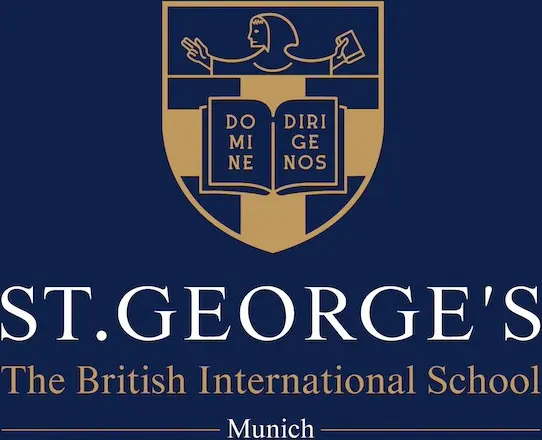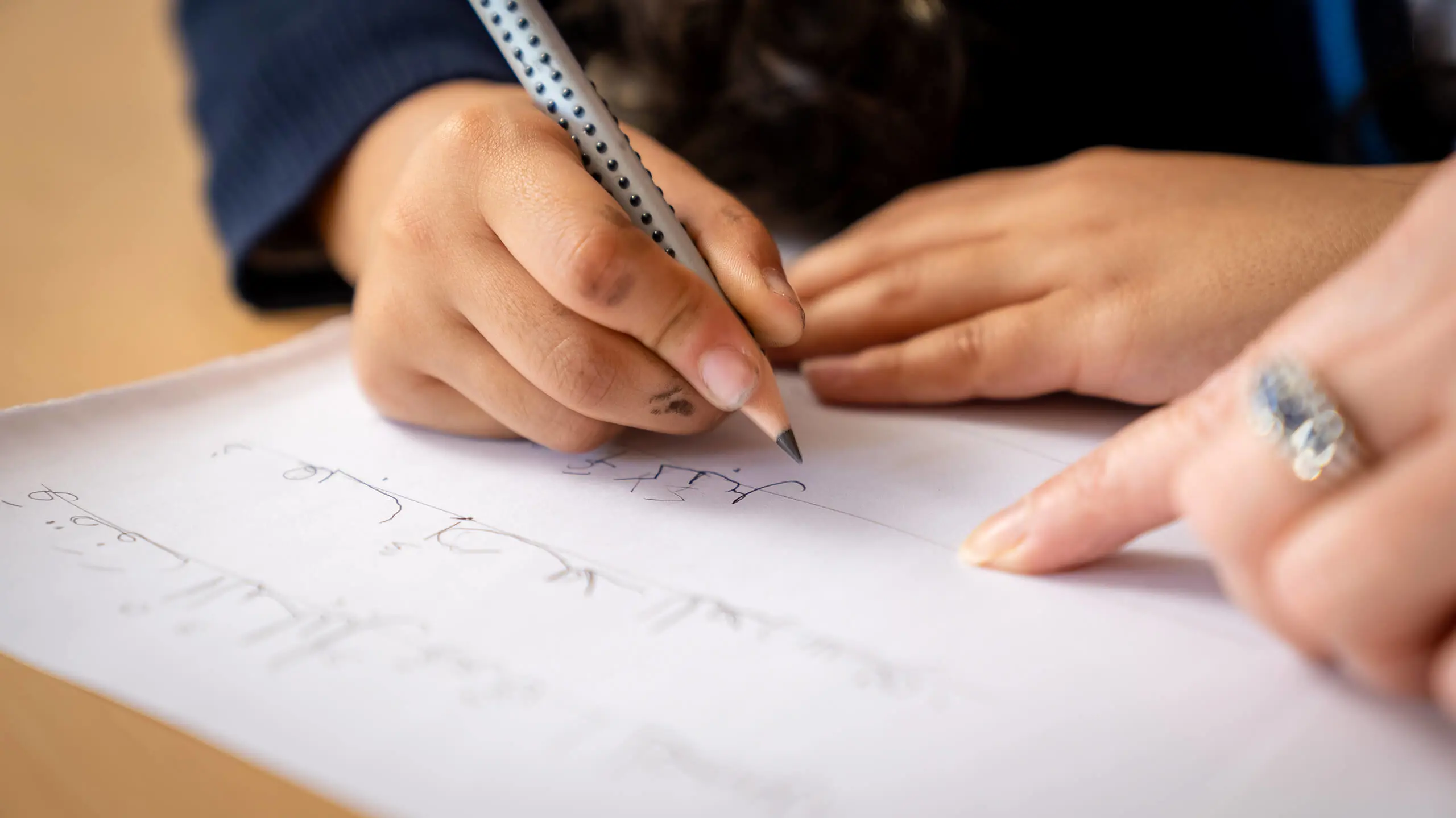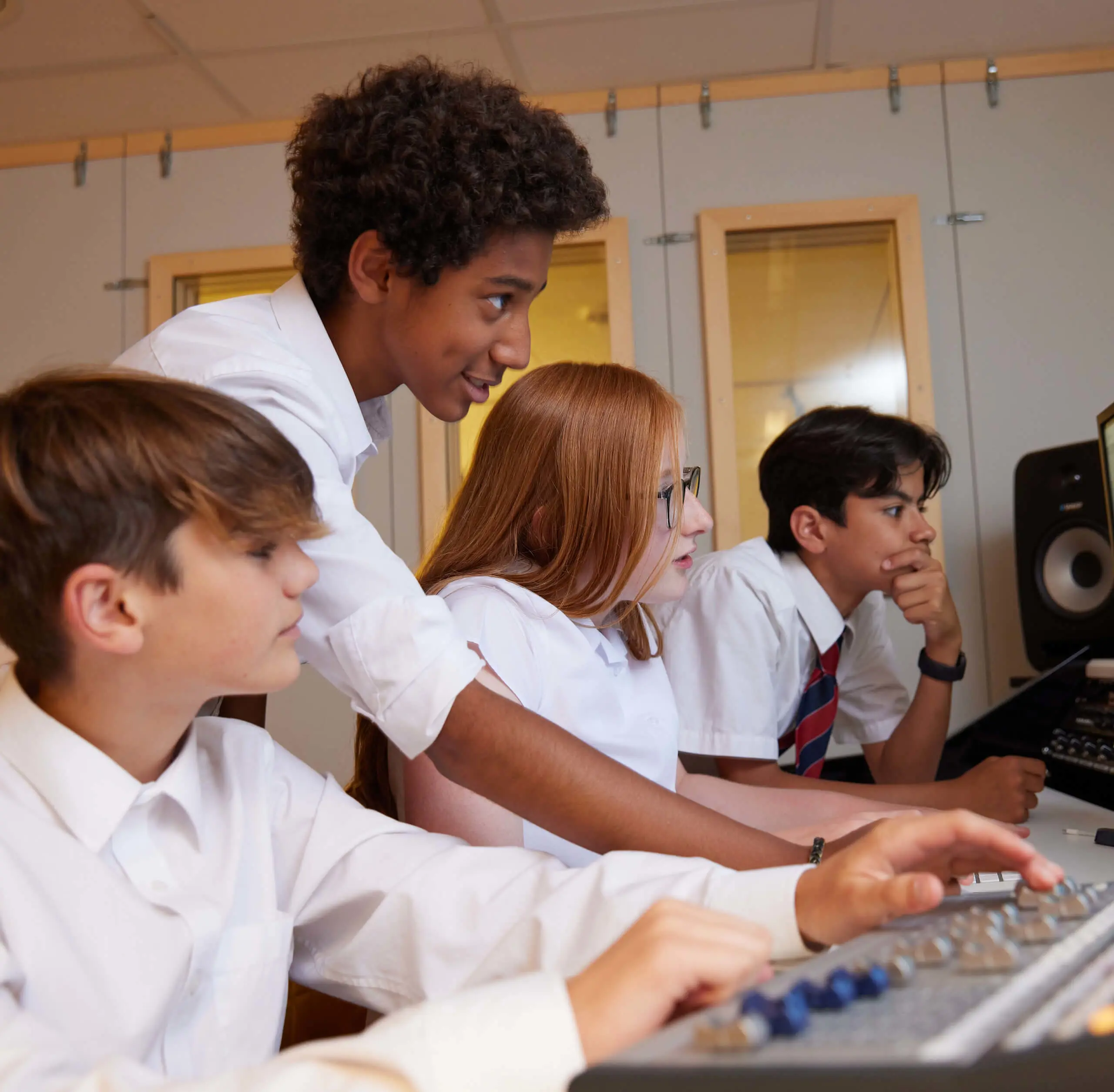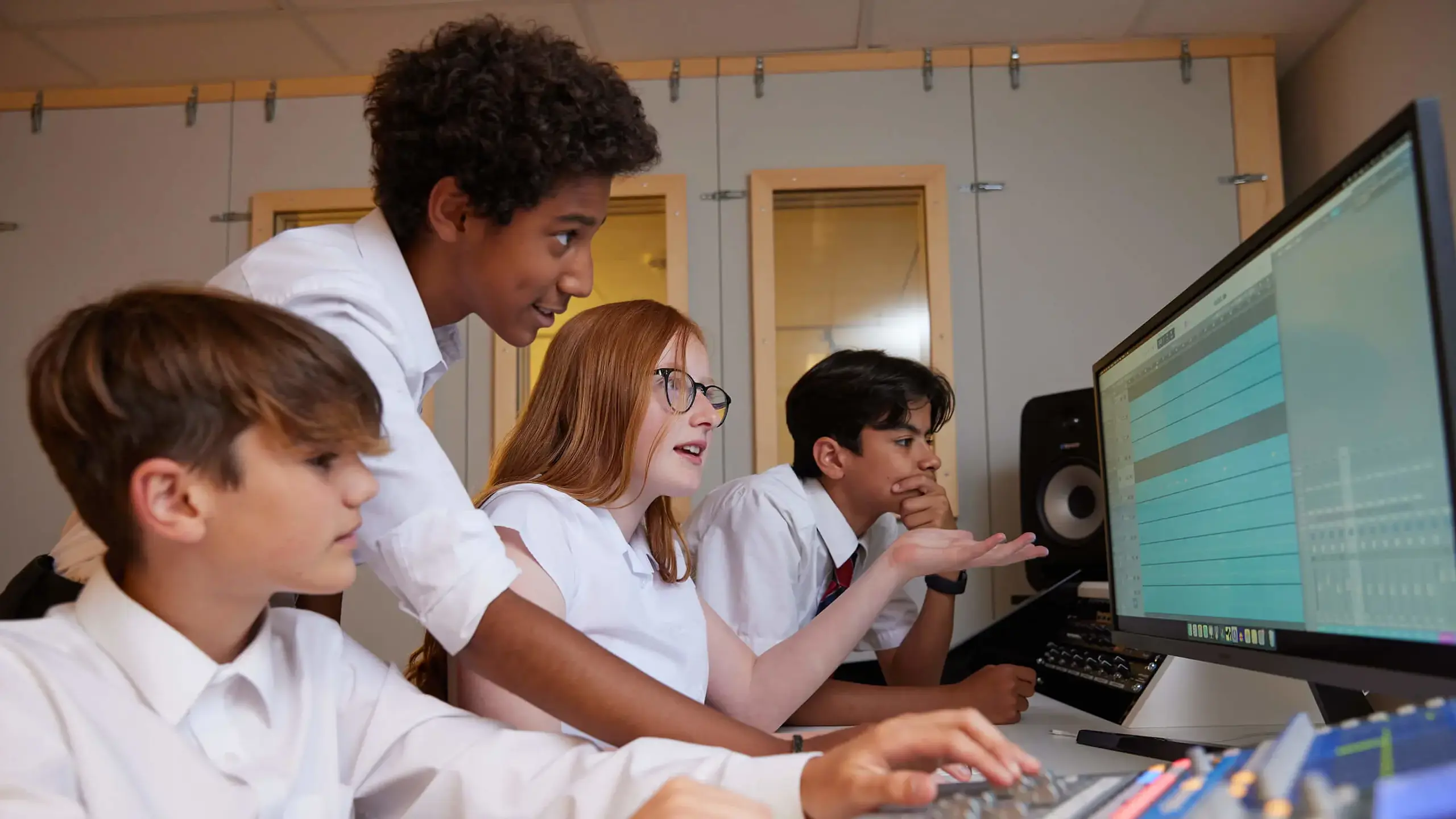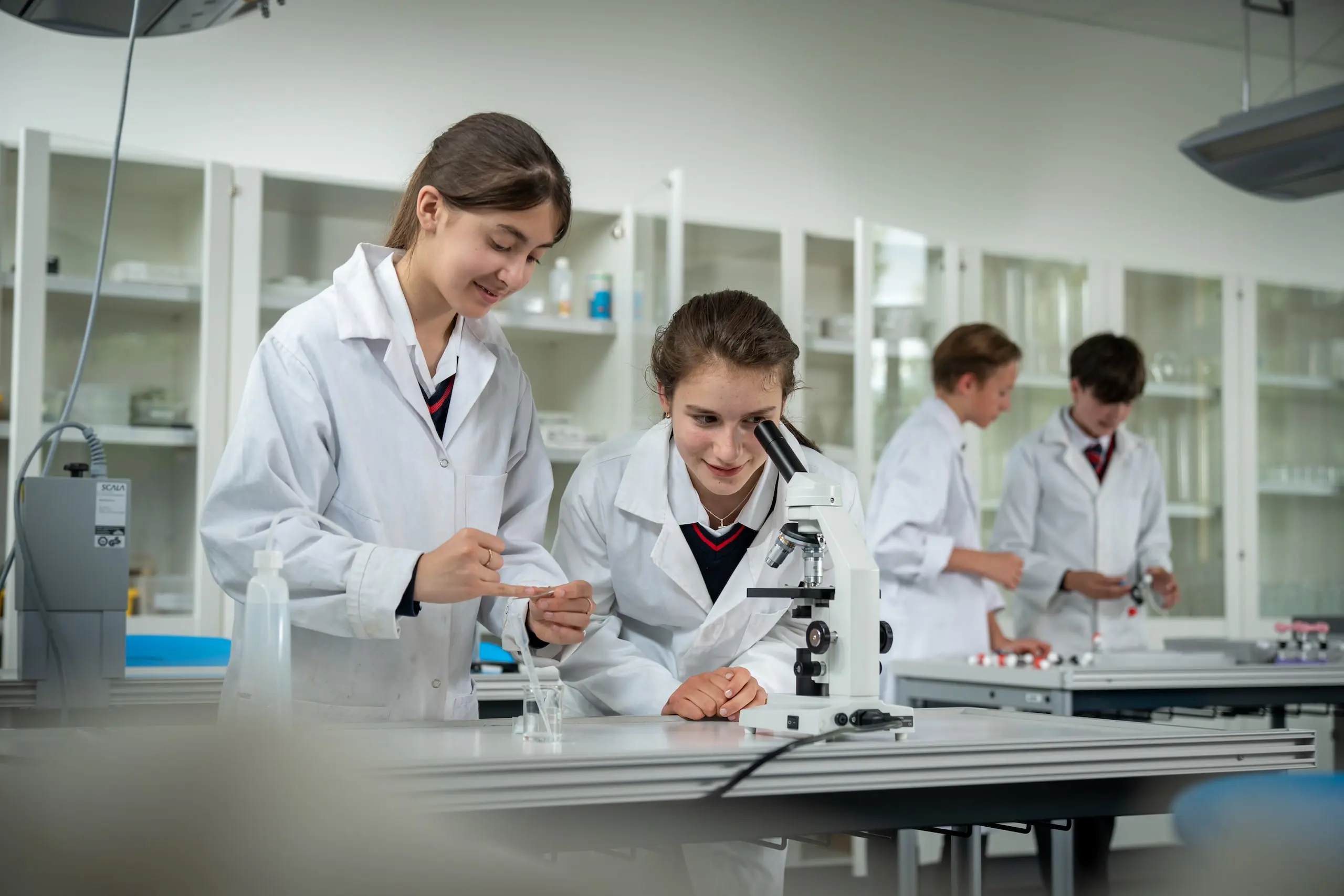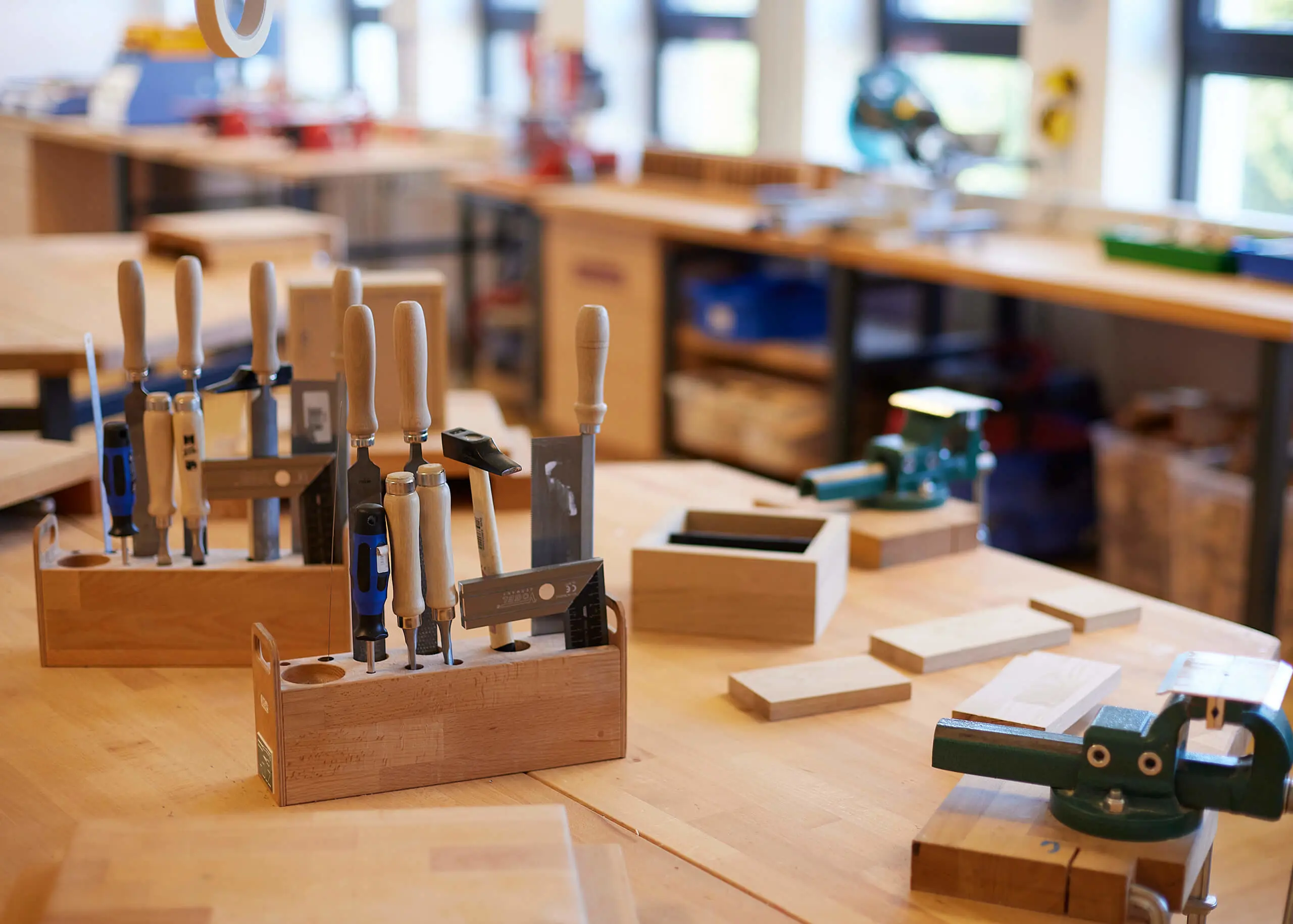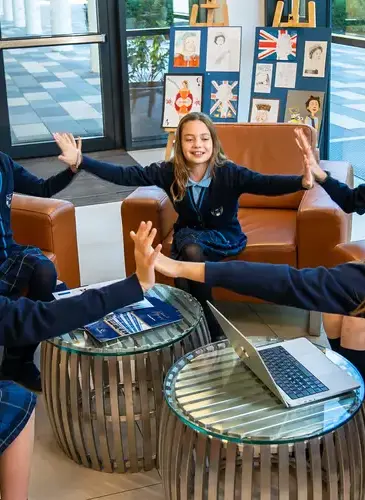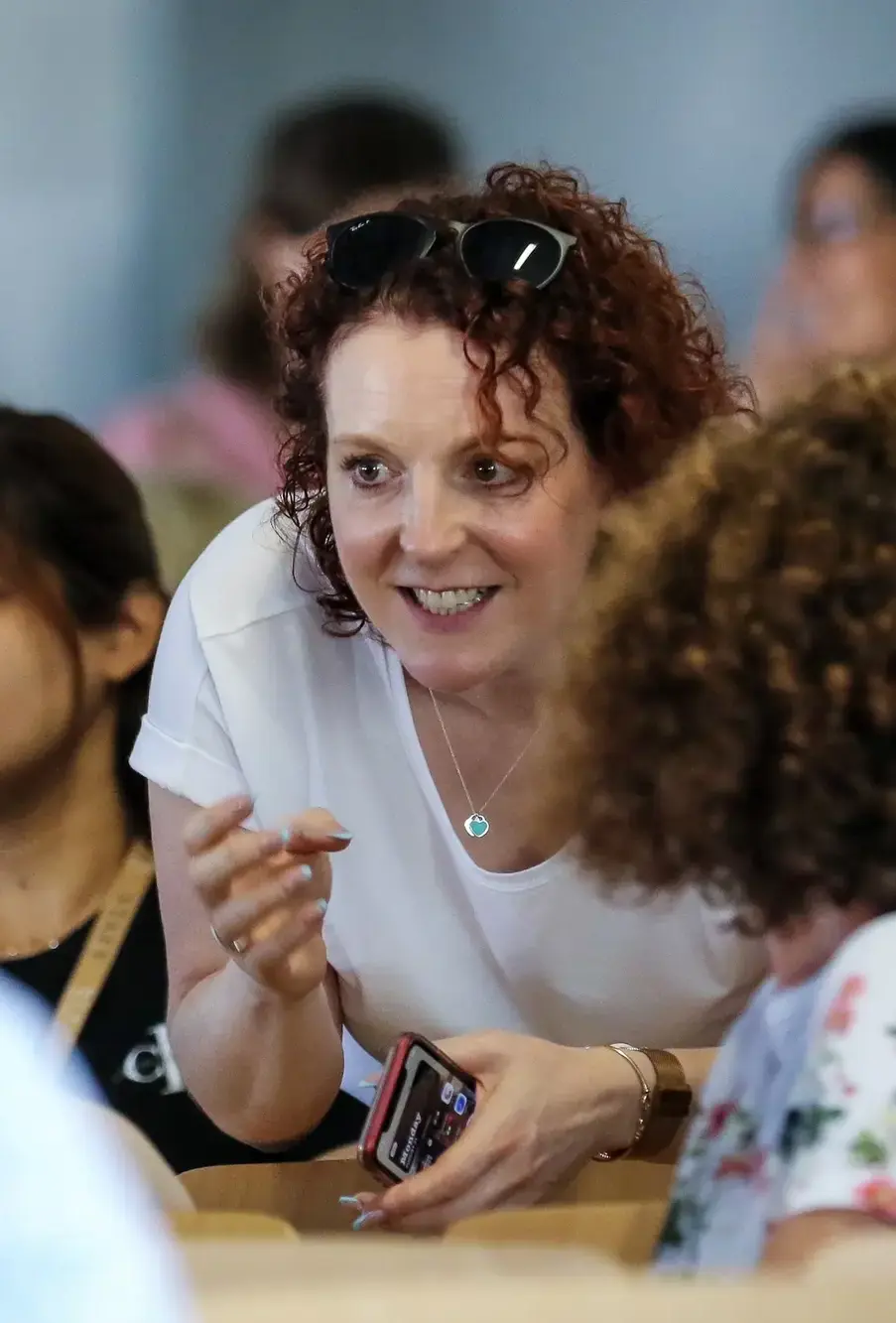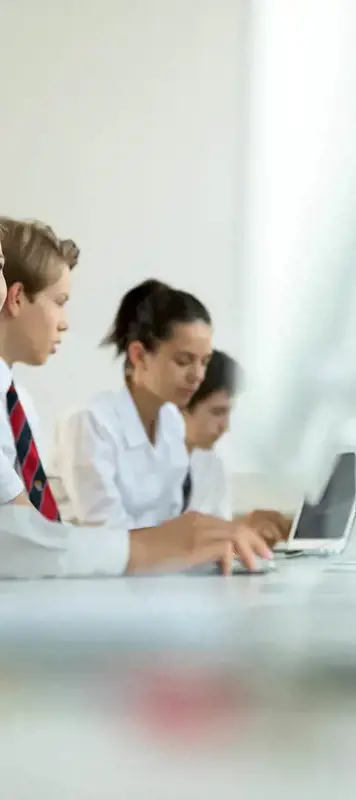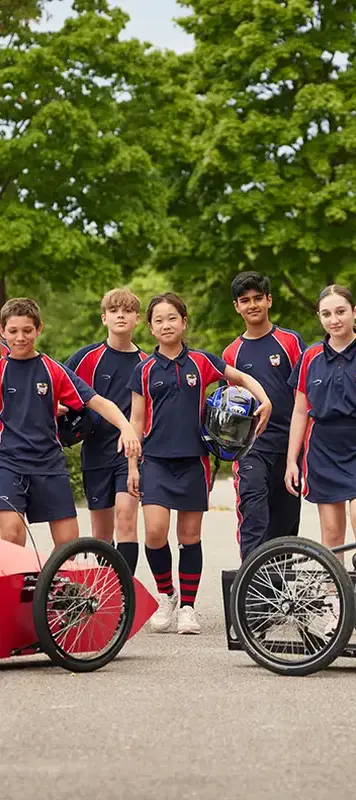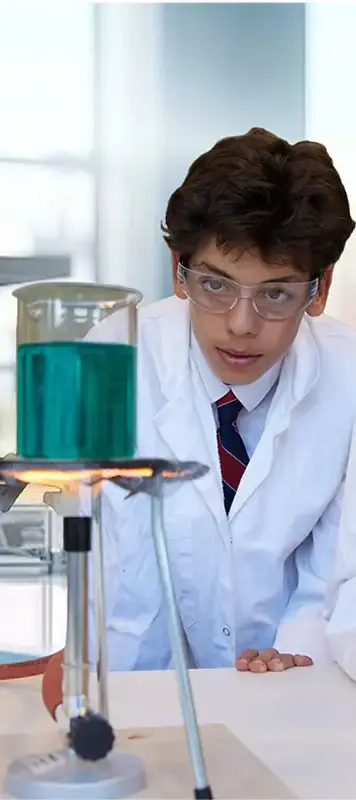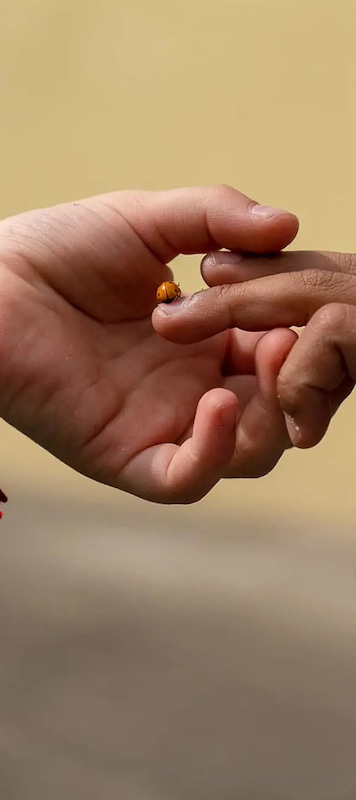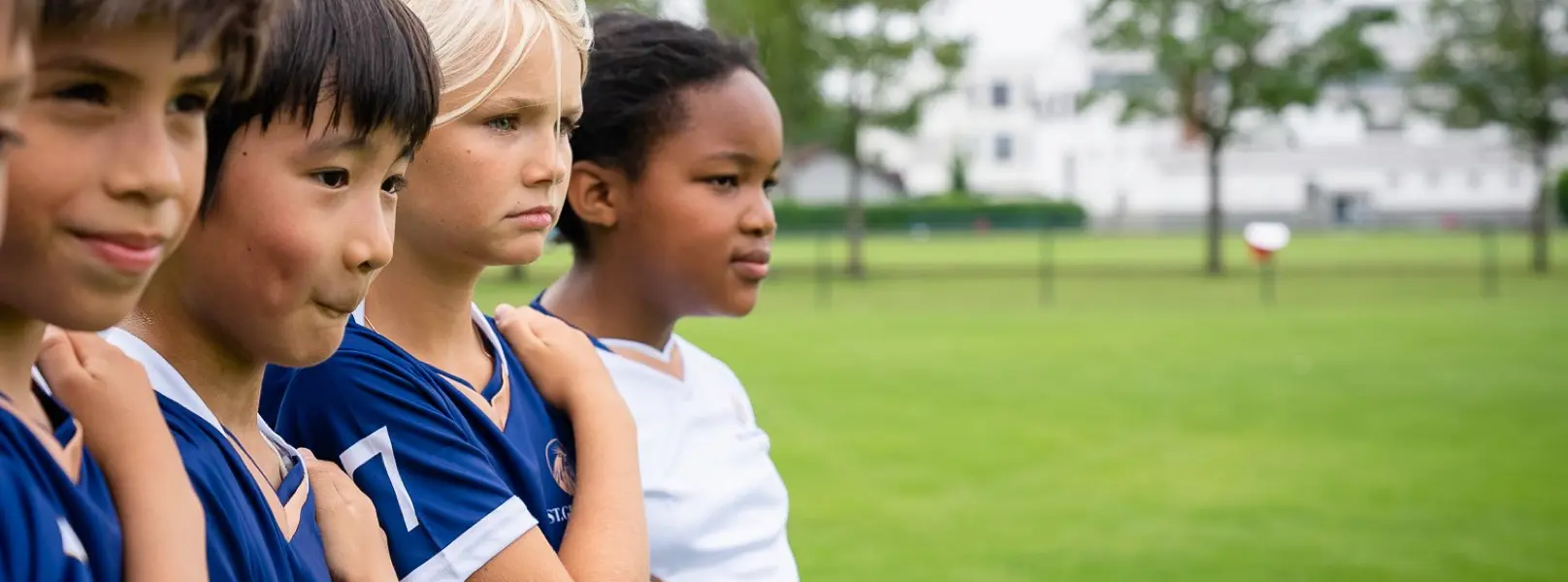Exploring new horizons.
The National Curriculum for England in Lower Secondary is designed to provide a broad and balanced education, develop key skills and knowledge across different subjects, and prepare students for further study. It also emphasises the development of critical thinking, problem-solving, creativity, and communication skills essential for further education and lifelong learning.
Lower Secondary marks a significant transitional phase where students delve deeper into a diverse array of subjects, collaborating closely with specialist teachers to establish crucial foundations for advanced studies. Beyond academic pursuits, students actively participate in a rich variety of extra-curricular activities, fostering their interests and developing broader skills which are essential for their future endeavours.
Curriculum
In Lower Secondary, our curriculum aligns with the National Curriculum for England while embracing our international context in Germany, ensuring that it remains engaging and pertinent to our students. This curriculum is strategically crafted to cultivate both the knowledge and skills essential for excelling in IGCSE examinations during Upper Secondary, while also fostering broader competencies that support the holistic approach of the International Baccalaureate programmes in the Sixth Form.
Classes are predominantly taught in mixed ability groups across subjects, except for English, Mathematics, German, and Modern Foreign Languages. We employ academic streaming specifically in Mathematics, and German lessons are tailored to accommodate students' varying levels of background knowledge and learning needs.
| English |
|---|
|
Students are taught the core skills of English language development, focusing on critical analysis and evaluation of complex texts, as well as honing writing abilities through persuasive arguments and extended descriptive essays. Given English is the primary language of instruction across all subjects, significant emphasis is placed on equipping students with the fundamental English proficiency needed to access and excel in the curriculum. |
| Mathematics |
|
Mathematics in Lower Secondary focuses on the fundamental skills necessary for success in subsequent examination courses. We encourage an investigative and independent learning approach, offering regular opportunities for students to extend their mathematical understanding. Our tasks are carefully designed to support students of all abilities, fostering a strong numeric proficiency and ensuring that each student can thrive in their mathematical development. |
| Science |
|
In Lower Secondary Science, students delve into a variety of topics across the three core disciplines Biology, Chemistry, and Physics. The curriculum seamlessly integrates knowledge acquisition with the comprehension of scientific methodologies. It aims to cultivate a sense of curiosity and an inquisitive mindset among students. Through frequent hands-on experiments and activities, students not only deepen their understanding but also cultivate a genuine appreciation for this pivotal subject. Throughout Lower Secondary, students develop scientific inquiry skills, including asking questions, planning and conducting experiments, collecting and analysing data, drawing conclusions, and evaluating evidence. They learn to think critically, solve problems, and communicate scientific ideas effectively. Practical work is an integral part of science education. Students engage in hands-on experiments, investigations, and observations to develop practical skills, experimental techniques, and an understanding of scientific methods. Science in Lower Secondary often incorporates cross-curricular links with other subjects such as Mathematics, Geography, and Technology. This interdisciplinary approach enhances students' understanding of science in real-world contexts and promotes connections between different areas of knowledge.
HANDS ON EXPERIMENTS |
| German |
|
German native speakers receive instruction in German to a level equivalent to that of a local German school, following a curriculum that closely aligns with the English department's standards. Non-fluent German speakers are placed in either a beginners' or intermediate German programme based on their proficiency level, ensuring that each student is appropriately challenged and supported in developing their skills. |
| Other Curriculum Areas |
|
In our Lower Secondary, alongside English, Mathematics, and Science, students also study subjects that provide a well-rounded education, promoting critical thinking, creativity, cultural understanding, physical wellbeing, and digital literacy.
|
Homework
Homework is an integral part of the curriculum, designed to enhance our students' independent learning skills, reinforce key concepts, and provide opportunities for further exploration and extension of their learning.
Each subject assigns a weekly homework task, gradually increasing in complexity and duration each year. However, the homework load typically should not exceed a total of 90 minutes per evening.
Assessment and reporting
Teachers continuously evaluate students' comprehension and advancement through various means, including class participation, written assignments, homework, and formal assessments. These assessments help teachers in guiding students' learning effectively. Additionally, regular assessment cards are issued each year to offer parents an accurate evaluation of their child's progress. The grades on these cards are based on summative assessments conducted in each subject, undertaken during exam weeks that allow students time to prepare and showcase their learning.
Students’ personal development is also valued and supported. Students have reflective conversations about their development with their tutor. In these sessions, students are encouraged to reflect on what is going well, what could be improved, and where there are discrepancies in academics, effort, behaviour, and attitude. Together, they set development targets which students work towards and then measure and reflect on at the end of the year. A summary from the tutor of these conversations is released to parents termly.
Parents are invited to attend parent evenings, providing an opportunity to discuss their child's progress with teachers. Additionally, we have an open-door policy that encourages regular communication between parents and teachers. Parents are always welcome to visit the school and discuss concerns or questions they may have regarding their child's progress or wellbeing.
St.George's
unique education model
As an educational organisation we are pioneering in four key areas which are the pillars supporting our work as educators and employers, and informing our wider economic, social, and environmental responsibilities.
